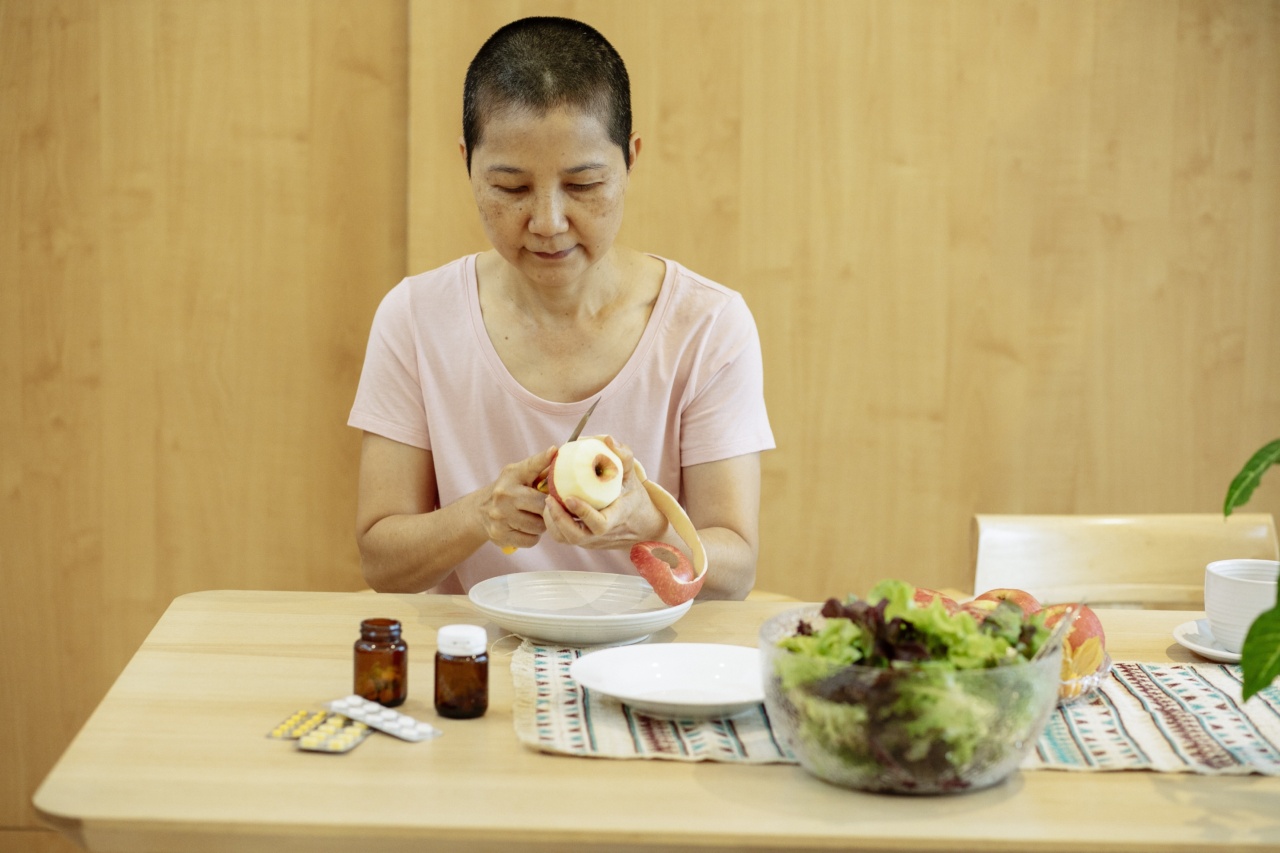Cancer is a serious and often life-threatening illness that many people are affected by. While cancer treatments have come a long way in recent years, researchers are working tirelessly to find new ways to prevent and fight cancer.
One such way is through antioxidants, which are compounds that help protect the body from damage caused by harmful molecules known as free radicals.
Antioxidants are found in numerous fruits, vegetables, and other foods, but one antioxidant, in particular, stands out for its potential cancer-fighting properties: sulforaphane.
What is sulforaphane?
Sulforaphane is a type of antioxidant that is found in cruciferous vegetables such as broccoli, brussels sprouts, and kale.
It is unique because it has been found to have antimicrobial and anti-inflammatory properties, as well as potential cancer-fighting properties.
The compound is formed when certain plant compounds are broken down, such as glucoraphanin, which is found in high concentrations in broccoli and other cruciferous vegetables.
When these compounds are broken down, they release sulforaphane, which can then be absorbed by the body.
How does sulforaphane help fight cancer?
Sulforaphane has been found to have several potential mechanisms for fighting cancer:.
1. Antioxidant properties
As mentioned earlier, sulforaphane is an antioxidant, which means that it helps protect the body from damage caused by free radicals. This damage can lead to cell mutations and other changes that can increase the risk of cancer.
By neutralizing free radicals, sulforaphane may help reduce the risk of cancer.
2. Anti-inflammatory properties
Chronic inflammation is a contributing factor to many types of cancer. By reducing inflammation in the body, sulforaphane may help reduce the risk of cancer.
3. Detoxification properties
Sulforaphane has been found to increase the body’s production of enzymes that help detoxify harmful compounds. This can help reduce the risk of cancer by removing toxins that may cause or contribute to cancer.
4. Inhibition of cancer cell growth
Several studies have found that sulforaphane may have the ability to inhibit the growth of cancer cells. One study found that sulforaphane inhibited the growth of breast cancer cells in mice.
Another study found that it inhibited the growth of human prostate cancer cells in a lab setting.
How can I get more sulforaphane in my diet?
The best way to get more sulforaphane in your diet is to eat more cruciferous vegetables such as broccoli, brussels sprouts, and kale.
One study found that eating 200 grams of broccoli per day resulted in a significant increase in sulforaphane levels in the blood.
However, cooking broccoli for long periods of time can reduce the amount of sulforaphane, so it’s best to eat these vegetables raw or lightly cooked.
Another way to get more sulforaphane is to take a sulforaphane supplement. These supplements are made from extracts of cruciferous vegetables and can provide a concentrated dose of sulforaphane.
Conclusion
Sulforaphane is a powerful antioxidant that has several potential mechanisms for fighting cancer.
By eating more cruciferous vegetables or taking a sulforaphane supplement, you can increase your intake of this beneficial compound and potentially reduce your risk of cancer.



























